

Rasha Al Aqeedi
Rasha Al Aqeedi is an Iraqi writer, researcher and analyst based in Washington, D.C. Her work focuses on non-state armed groups, political Islam and her hometown of Mosul, Iraq.
Rasha worked in political and security research and analysis at various think tanks, including George Washington University’s Program on Extremism, Foreign Policy Research Institute and the Dubai-based Al-Mesbar Studies and Research Center. As a commentator on Iraq, the Middle East and security issues, Rasha’s essays have been published in The New York Times, The Atlantic, The American Interest and other outlets. An avid animal lover, Rasha has two cats and does not welcome cat-hating.
Latest from Rasha Al Aqeedi

The Manosphere’s Latest Subject of Ire is ‘Barbie’ and ‘Mid’ Margot Robbie
Defending masculinity has made the manosphere followers so thin-skinned that a bubblegum aesthetic film and its lead actor is so triggering that it ignites another meaningless (not to mention ridiculous) culture war.

How Andrew Tate and the Far Right Made Common Cause with Islamists
Western far-right personalities are carving out a new form of conservatism, characterized by an admiring attitude to Islam. Growing unity between conservative Muslims and Christians, and between disaffected young men in both the West and the Middle East, may yet have significant effects on U.S. electoral politics and foreign policy.
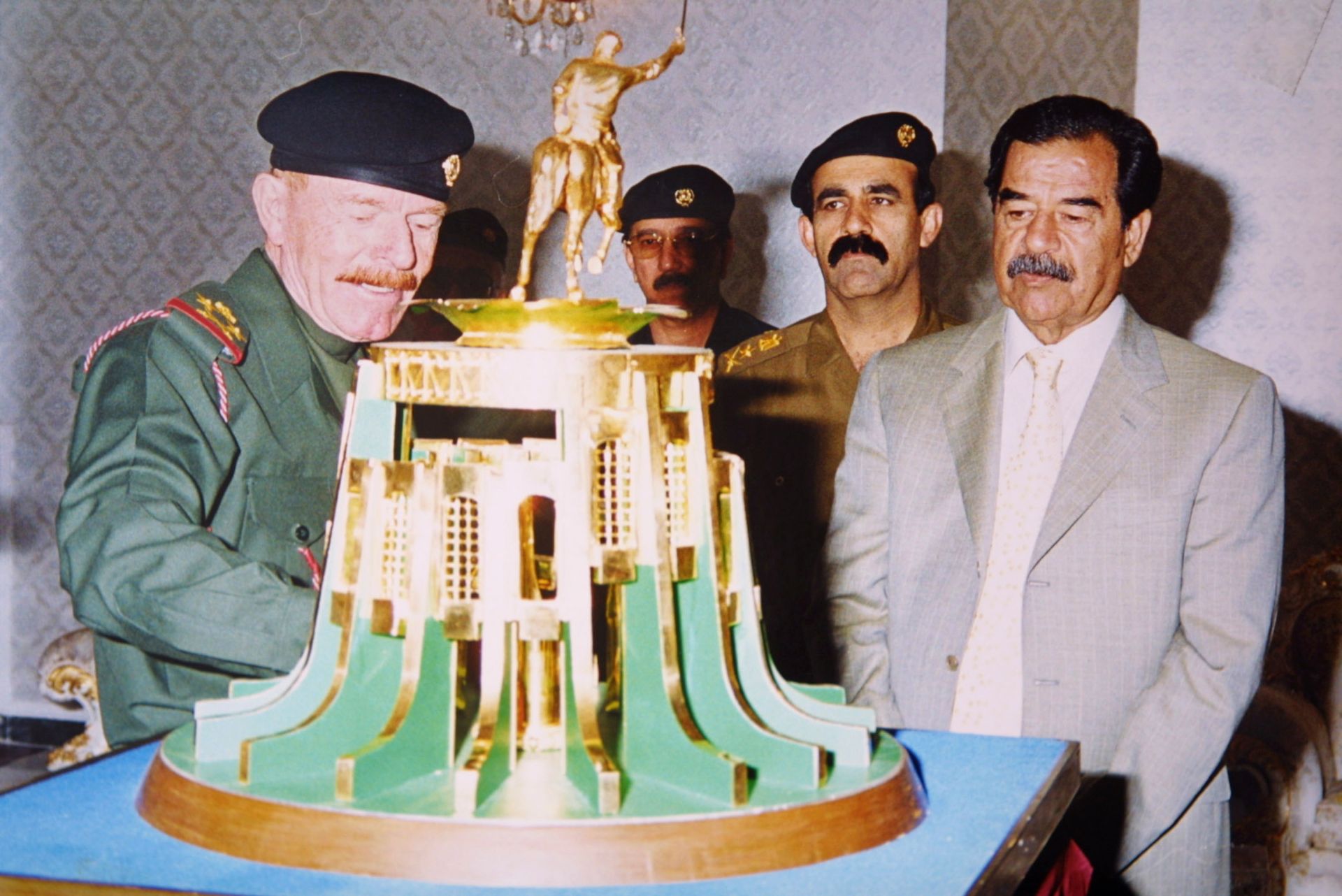
Saddam Hussein’s Extravagant Birthday Cake Was a Major Event
The celebration hall was vast, with the birthday star placed majestically in its middle. I don’t mean Saddam or even any of his children or grandchildren. The character we all eagerly anticipated was Saddam’s birthday cake.
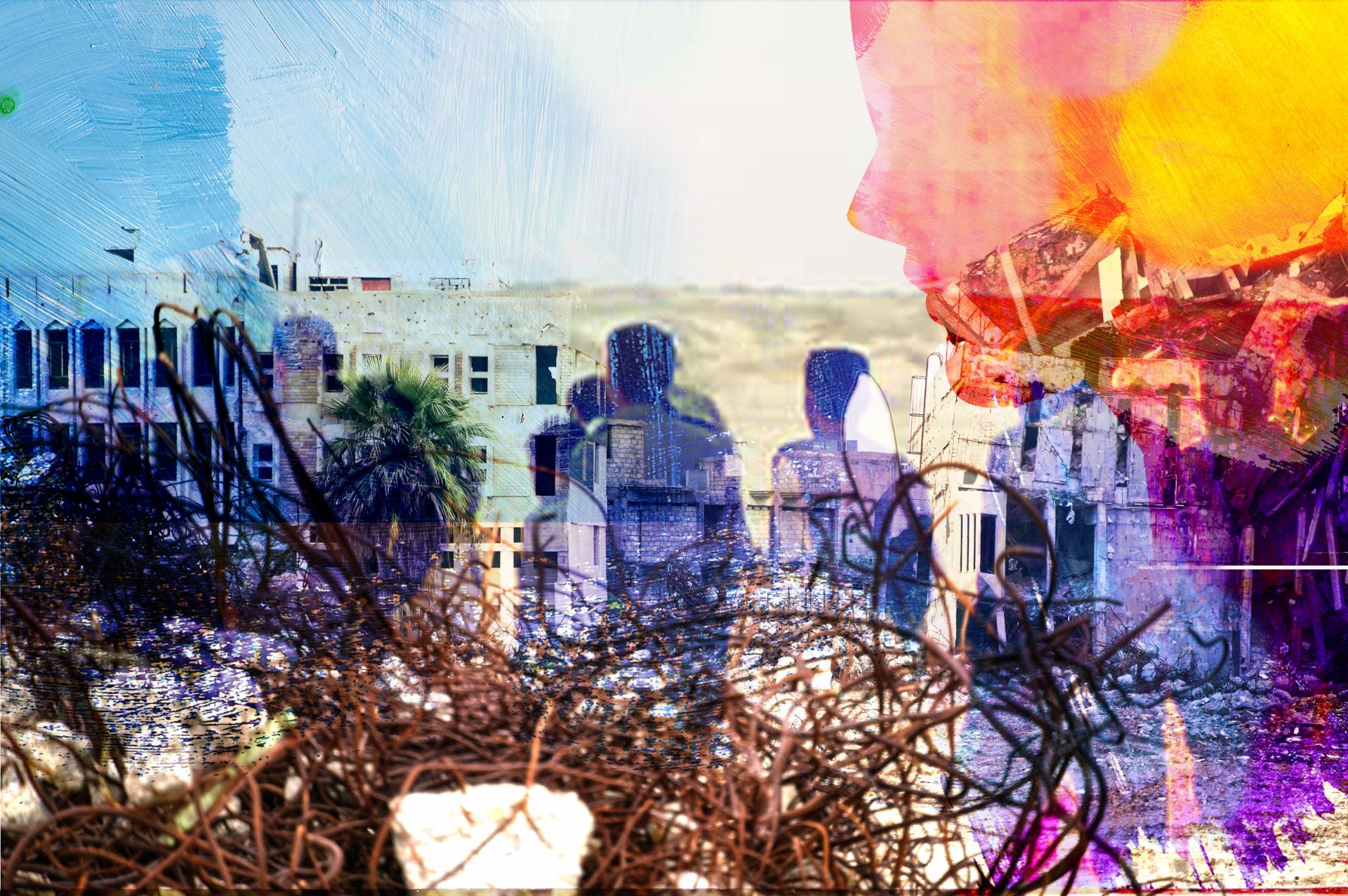
Living — and Reliving — the US Invasion of Iraq
The days leading up to the U.S. invasion of Iraq still live vividly in the minds of Iraqis. The nuances go beyond the question of whether life worsened or improved. Coming of age during the invasion is the story of undoing decades of indoctrination under Saddam’s dictatorship, while looking for any silver linings in one of modern history’s most unpopular wars.
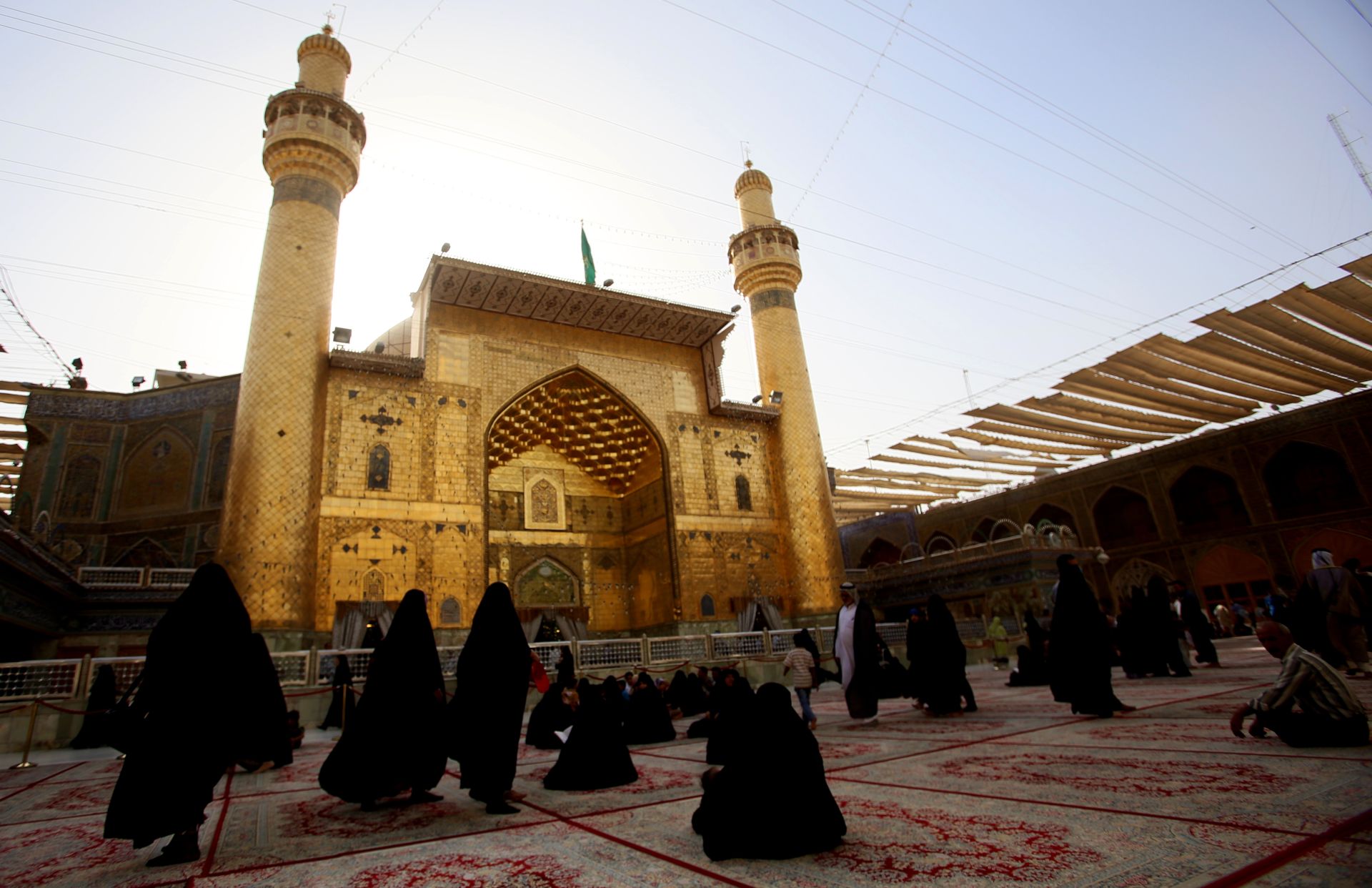
Real Life Sectarian Drama Upends a High Stakes TV Show
Even though the show could be an attempt to mend wounds, it has already backfired before its first episode has aired. Millions of dollars and decades of work to spread tolerance and acceptance between Sunnis and Shiites have been undermined by a TV show that no one has yet seen.

Six Year Prison Term for Singer Saad Lamjarred Divides Public Opinion
But for every activist criticizing and resisting the attempts to whitewash the singer’s past, there were legions of fans, male and female, in addition to Arab entertainers who defended Lamjarred against the charges and continued to support him. This solidarity continues today despite the verdict in France.

Andrew Tate and the Moral Bankruptcy of Muslim Proselytization
At first glance, Andrew Tate can easily be dismissed as a product of an inflammatory online culture. Fringe groups that are usually on opposing sides, like the far right, anti-vaxxers and some Muslims who have long believed in conspiracy theories, are now drawn to Tate’s content, often for similar reasons.

It’s Still A Merry Christmas in Nineveh
The reason that Iraq’s Christians have endured is multilayered. Assyrians are the Indigenous people of Nineveh with roots in the land dating well beyond 6,000 years. They would become one of the oldest Christian communities that survived varying but consistent persecution over centuries.
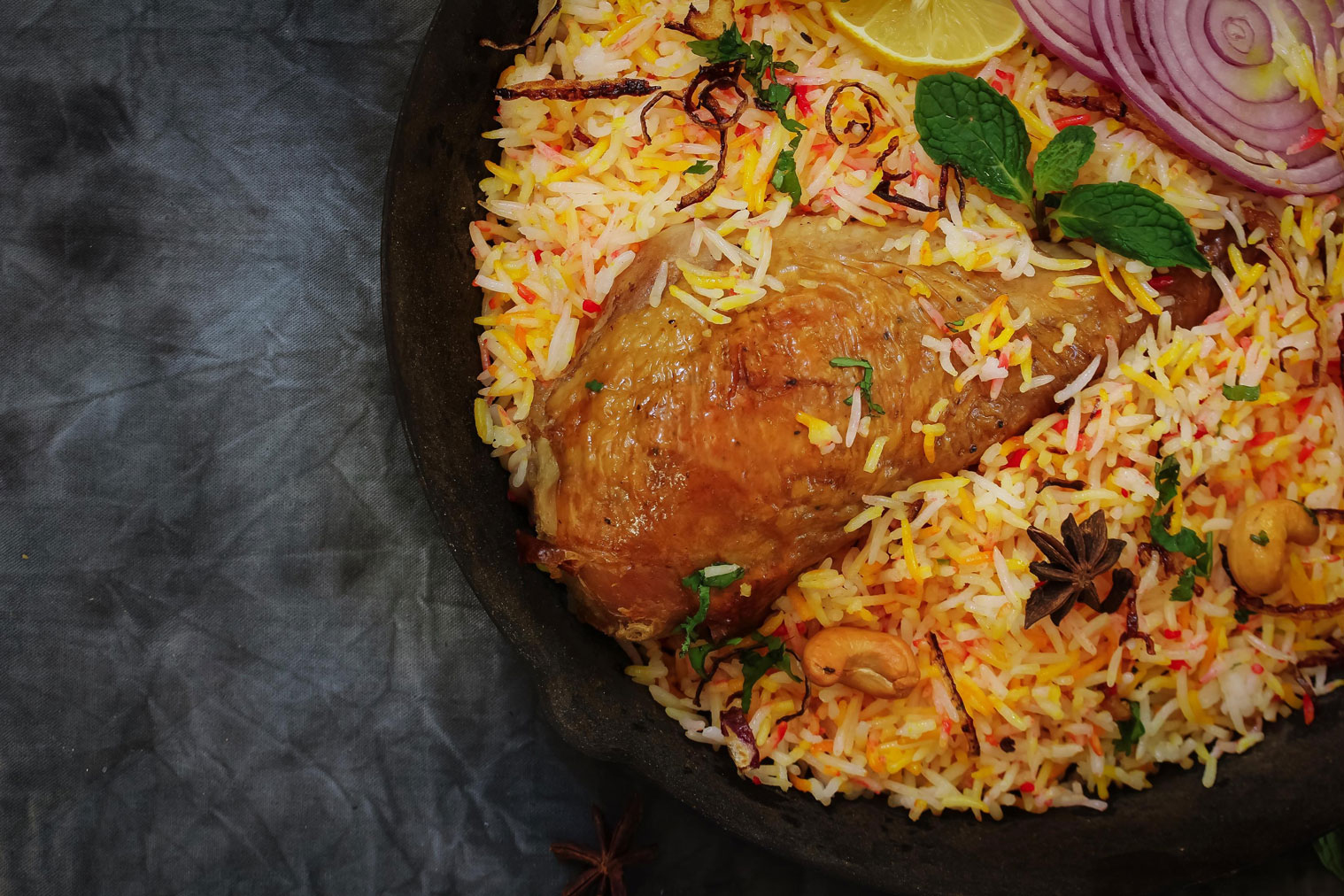
Thanksgiving Food in America Is as Diverse as Its Population
Though the traditional Thanksgiving meal in America remains the most prominent across most tables in the country, first-, second- and third-generation immigrants often include foods from their cultures in a celebration of family, gratitude and flavor.

After Backing the Iraq Invasion, U.S. Media Now Compensates by Disregarding Conflicts
The shadow of the Iraq War has spawned a rhetoric in which a complete lack of empathy toward nations in conflict is disguised as sane political realism. Honest activists who oppose the toll on humanity caused by wars are drowned out by the louder voices who decide which conflict victims deserve empathy based on the identity of the perpetrator.
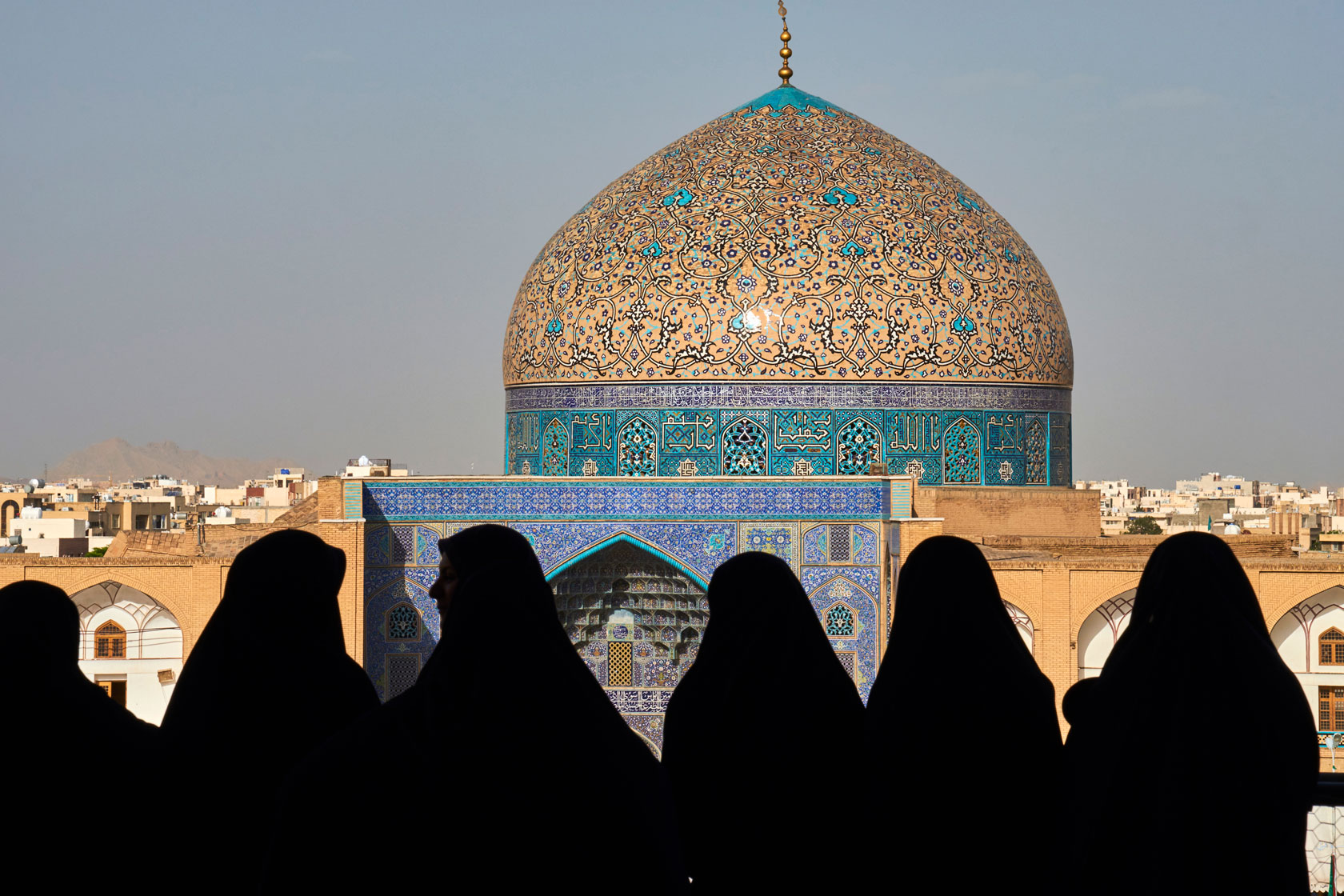
Iran’s Protests Have Everything and Nothing To Do With Hijab
A choice vs. an obligation, a clothing item vs. a symbol of oppression, a religious identity vs. political statement — the controversial fabric is, in fact, all the above and a bit more.
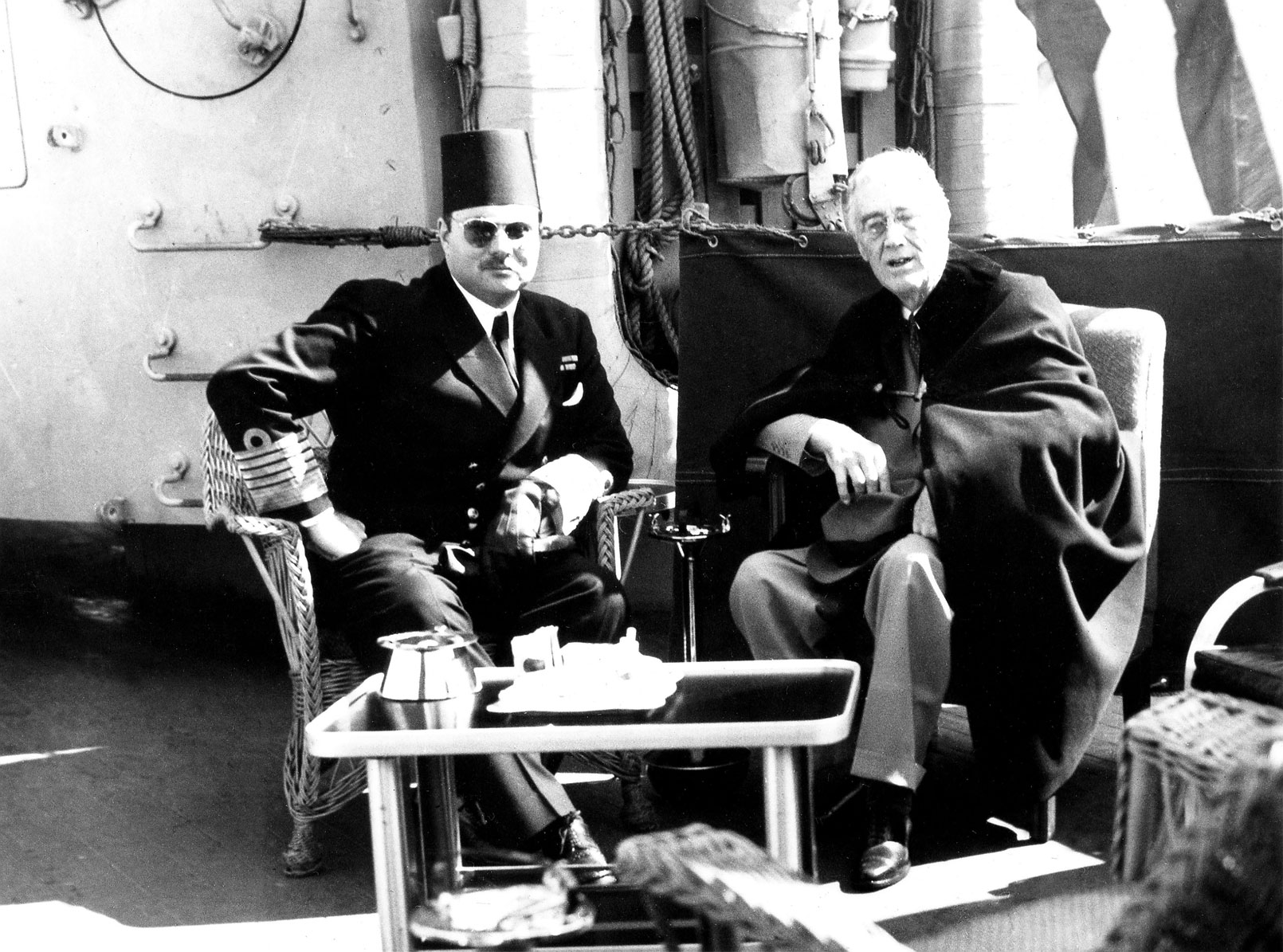
In the Middle East, a Yearning for Stability via Monarchy
But there is also a sense of ruefulness at times about such an institution and a bygone era it represents that nobody really remembers but surely must have been an improvement on today’s regional malaise. After all, if we are to be led by absolute rulers, why not also have the prestige and pageantry?
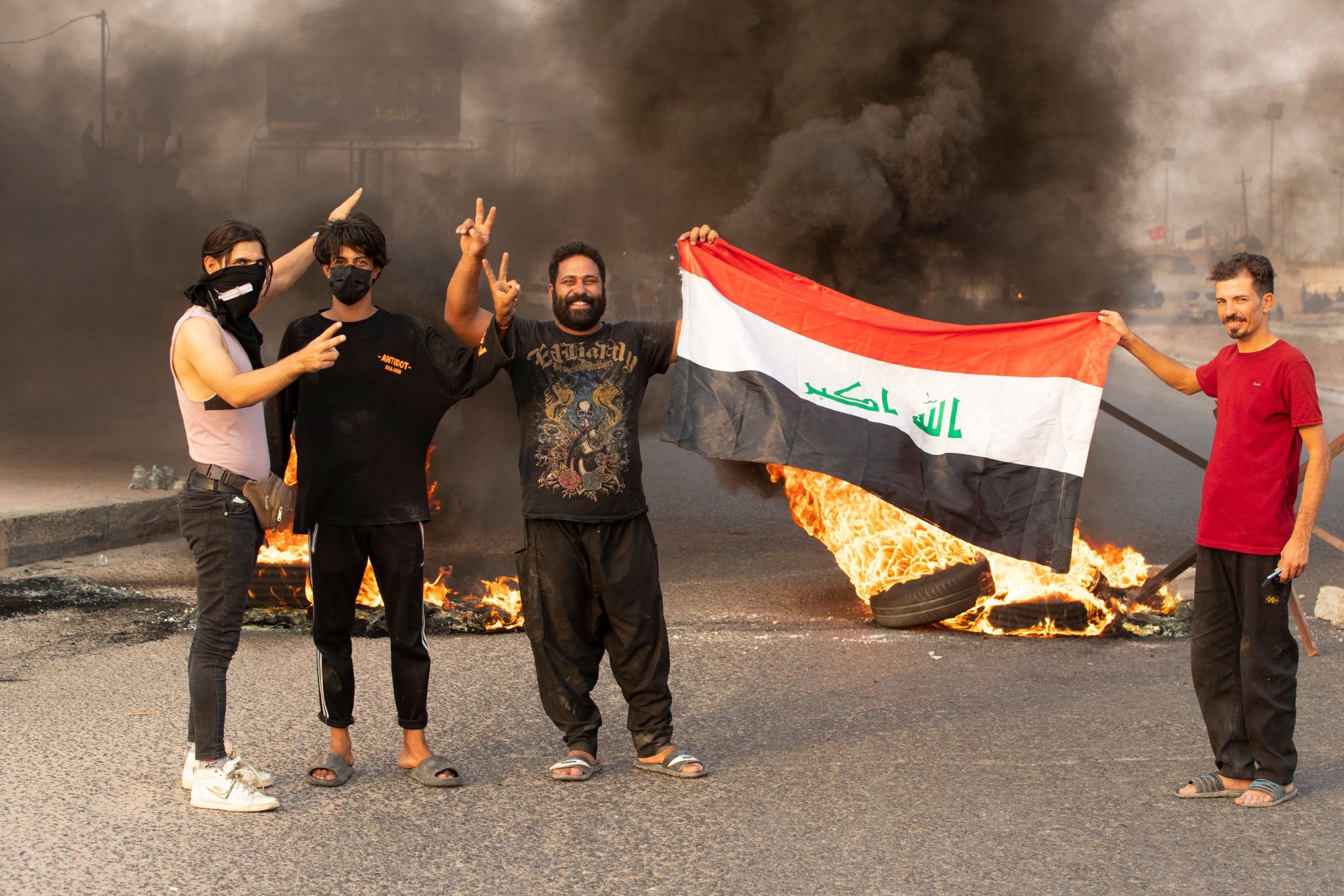
Iraq, Muqtada al-Sadr and ‘The Wire’
In previous years I had overtly rejected the term “Chi-Raq,” a wordplay combining Chicago and Iraq to express the state of lawlessness, violence and chaos in the former. I found it racist and inaccurate. Organized crime and state-sanctioned violence are incomparable, but watching “The Wire,” a fiction based on reality, has shifted my thinking. Not Chi-Raq but Balti-Raq, to quote one of the characters, Bubbles, “the west side is about to go Baghdad”. The contexts remain drastically different, but the parallels stand.
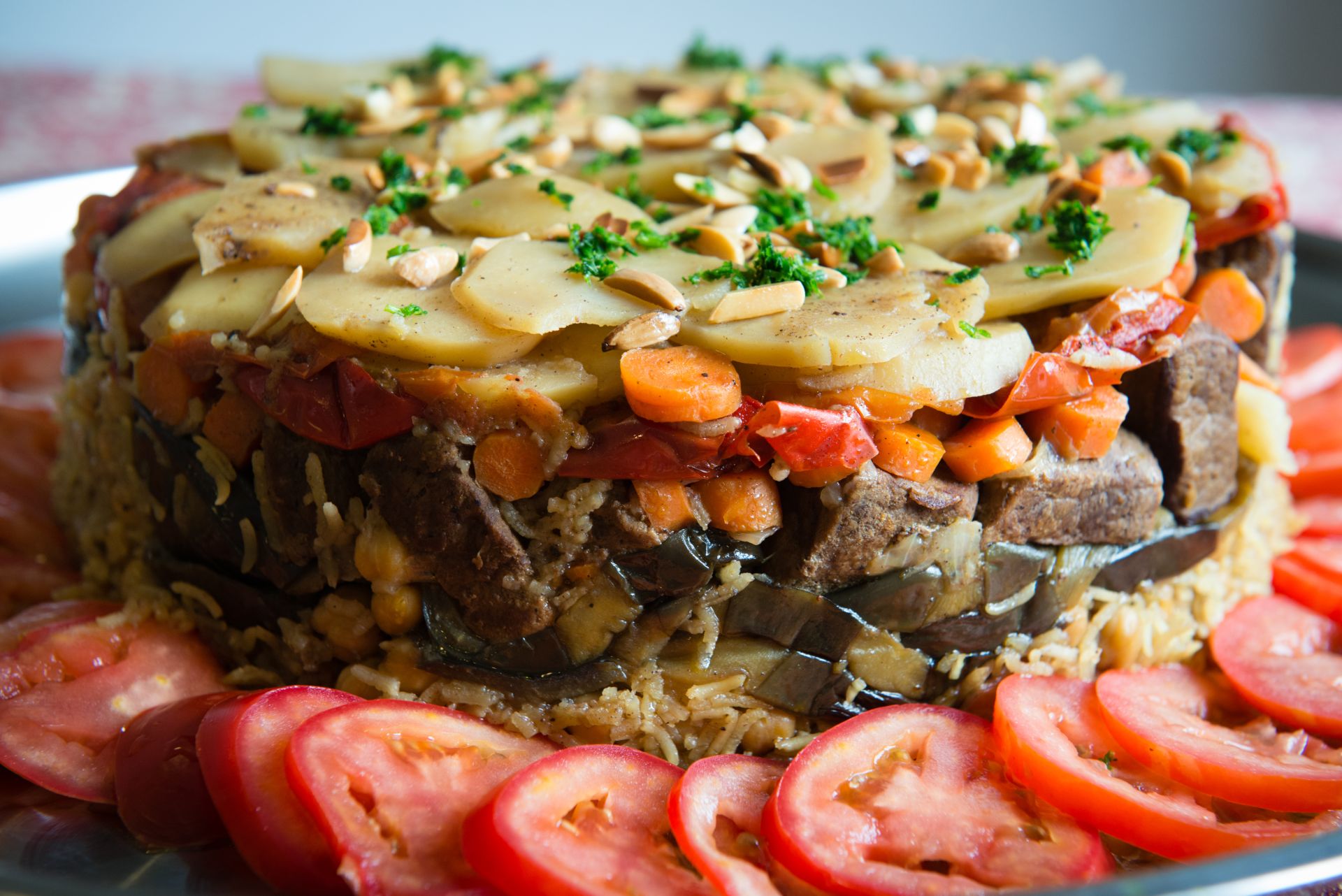
Qeema Confidential
Food patterns in Arab-majority countries draw on influences from the rich cuisines of India, Persia and the Ottoman Empire. The latter includes foods from Greece, Azerbaijan, Armenia, Georgia and other former Ottoman regions.
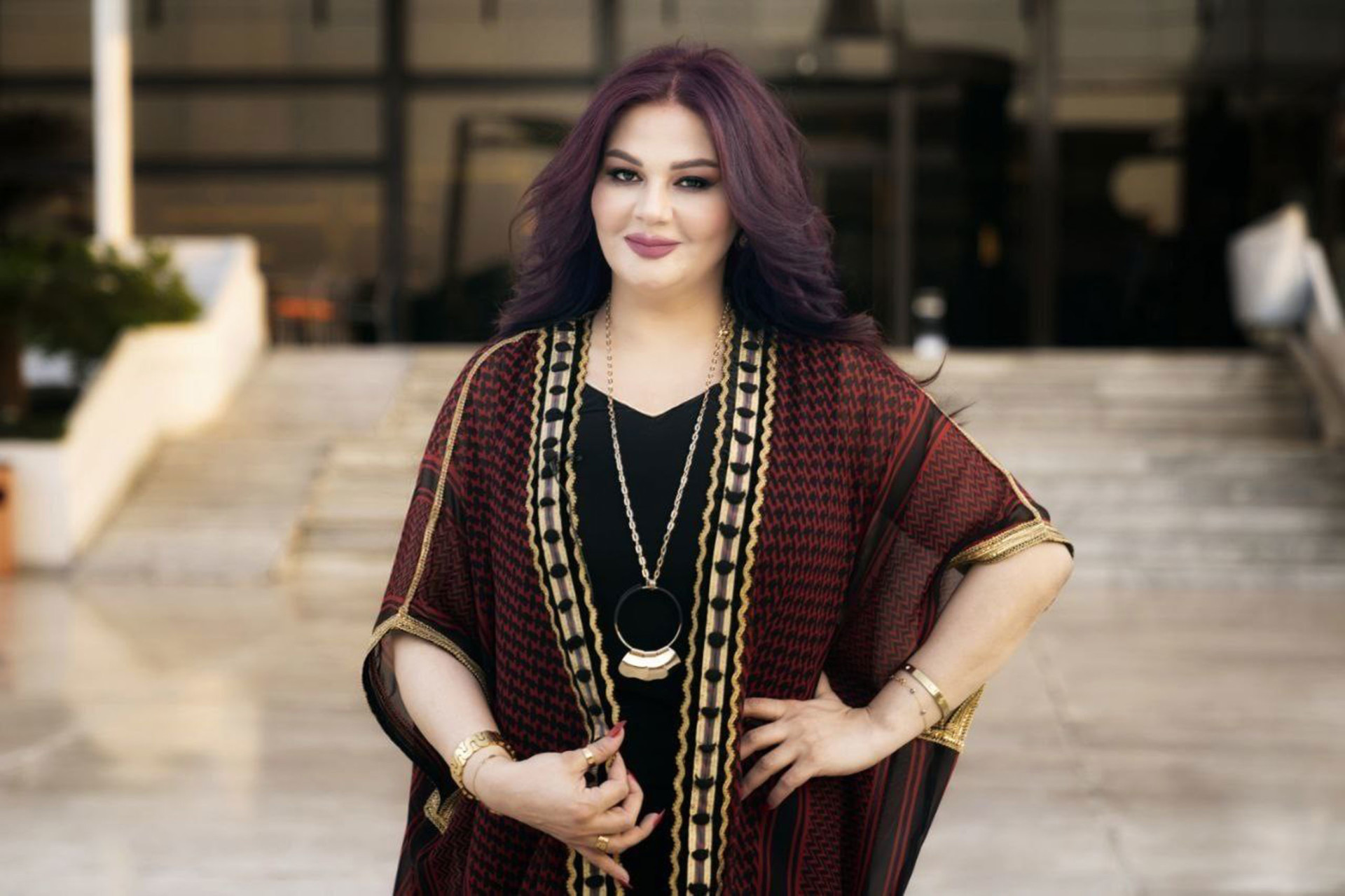
An Iraqi Actress to Sue The Economist Over ‘Fat’ Photo
“I have decided to take legal action against The Economist for their cover story. I am demanding compensation for the emotional, mental, and social damage this incident has caused me. My legal team and I are arranging the next steps"
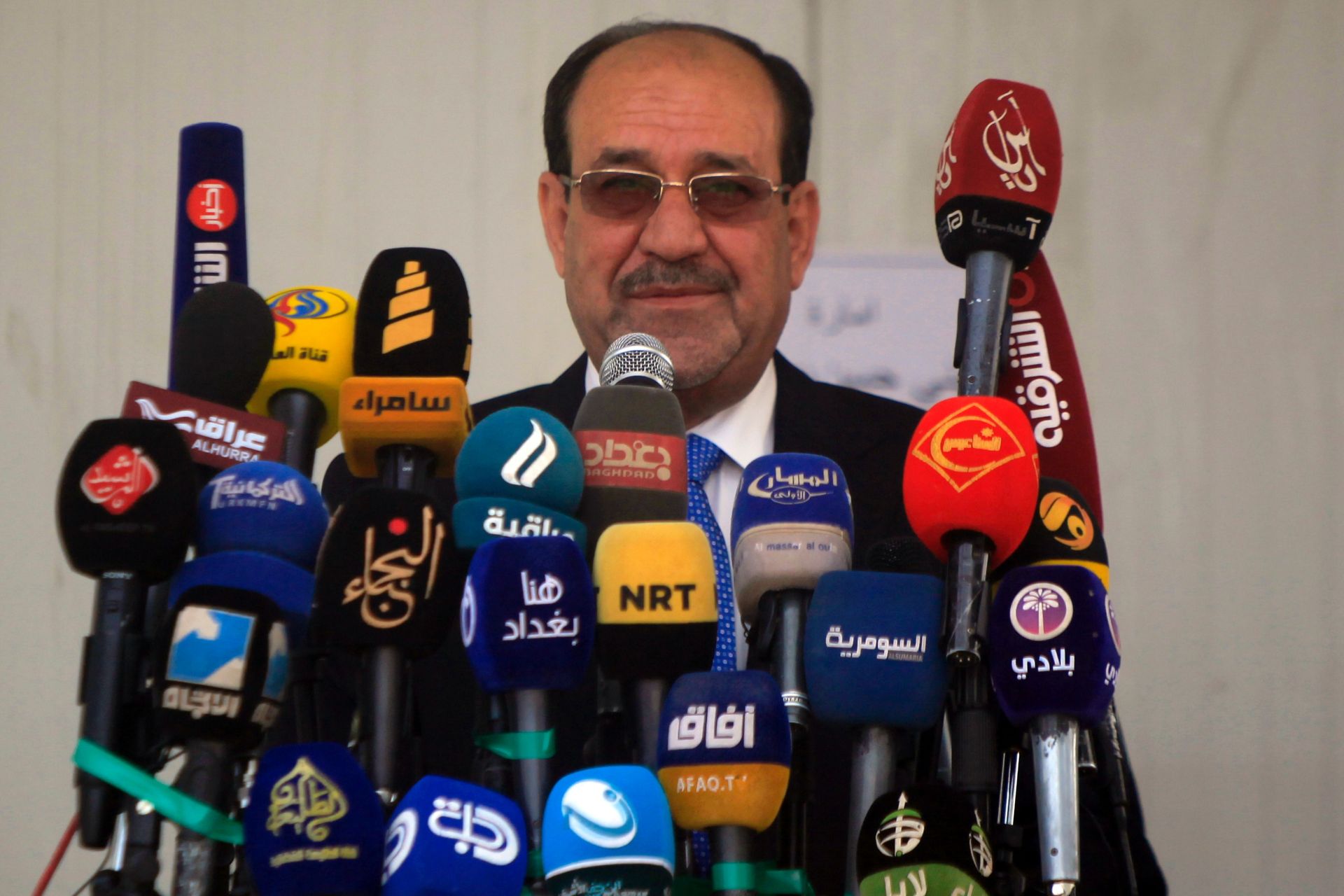
Leaked Recordings Reveal Toxic Paranoia Within Baghdad Political Class
The recordings show Nouri al-Maliki for what he always has been, a paranoid charlatan who cannot comprehend an Iraq operating outside his incredibly narrow sectarian worldviews.
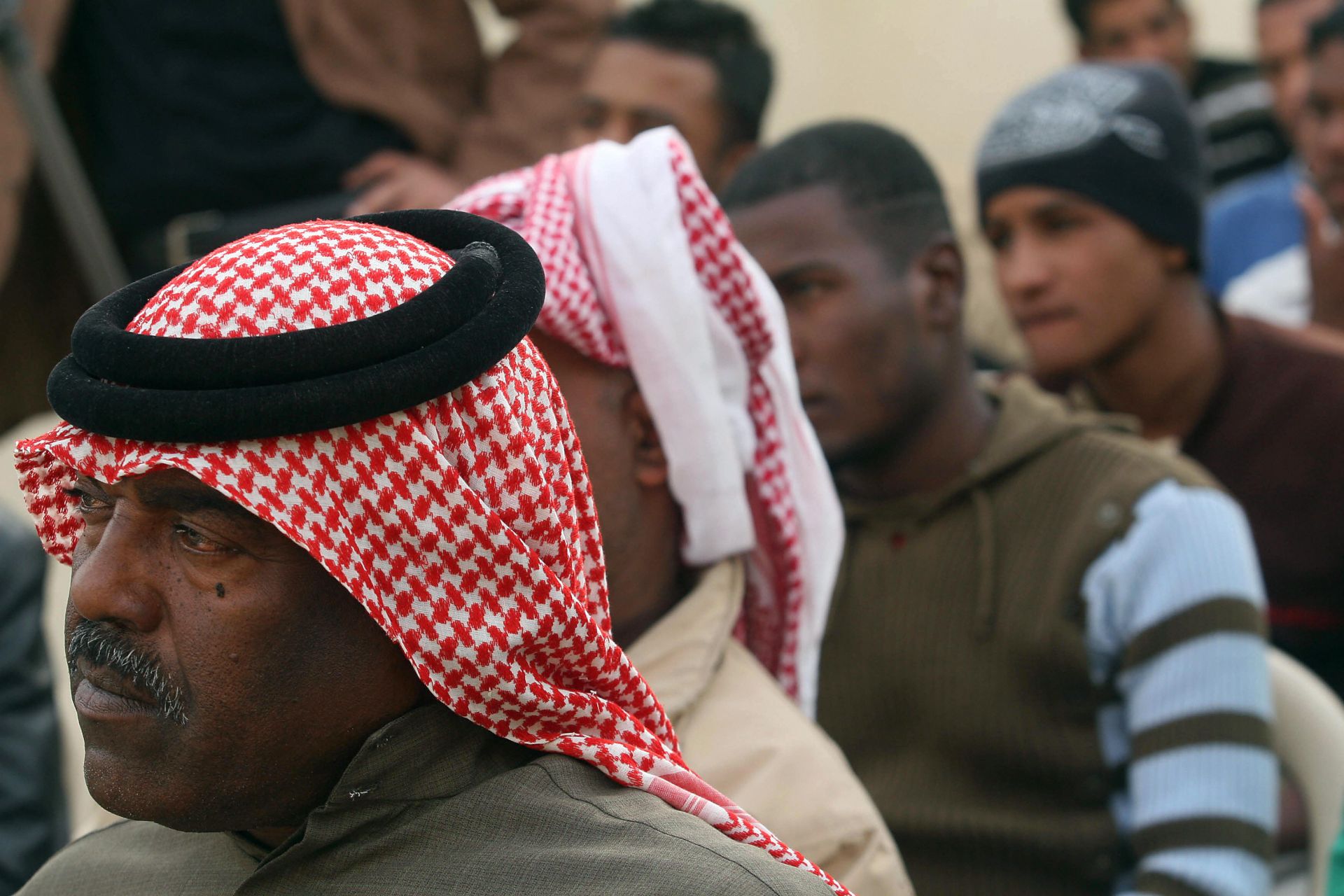
There Should Be a Juneteenth Equivalent in Iraq
If there was one cynical historic deed that unites the West and Middle East, it would be slavery: in particular, the enslavement of humans from Africa.

Johnny Depp: Arab Men’s Favorite Pirate
So what do men in the Middle East fear exactly? Hashtags? Why was Johnny Depp's victory relatable to them when they have never had to stand trial?
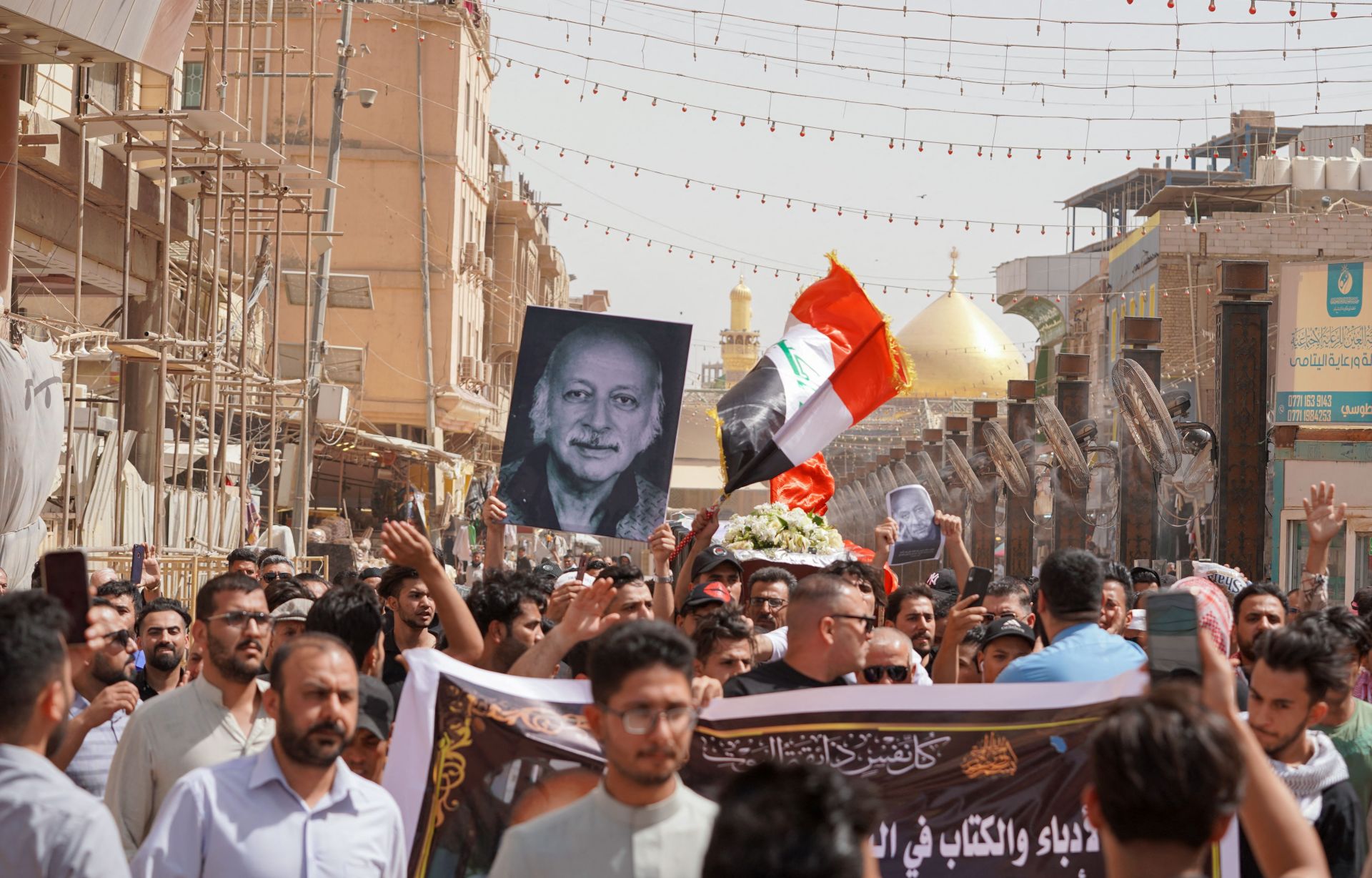
Muzaffar Al Nuwab, Iraq’s Runaway Train
Muzaffar Al Nuwab was taken to his last destination, back home to Baghdad, for his final rest. His funeral procession was akin to a majestic homecoming ceremony where his life was celebrated by legions of admirers despite never having met their idol during their lifetime.
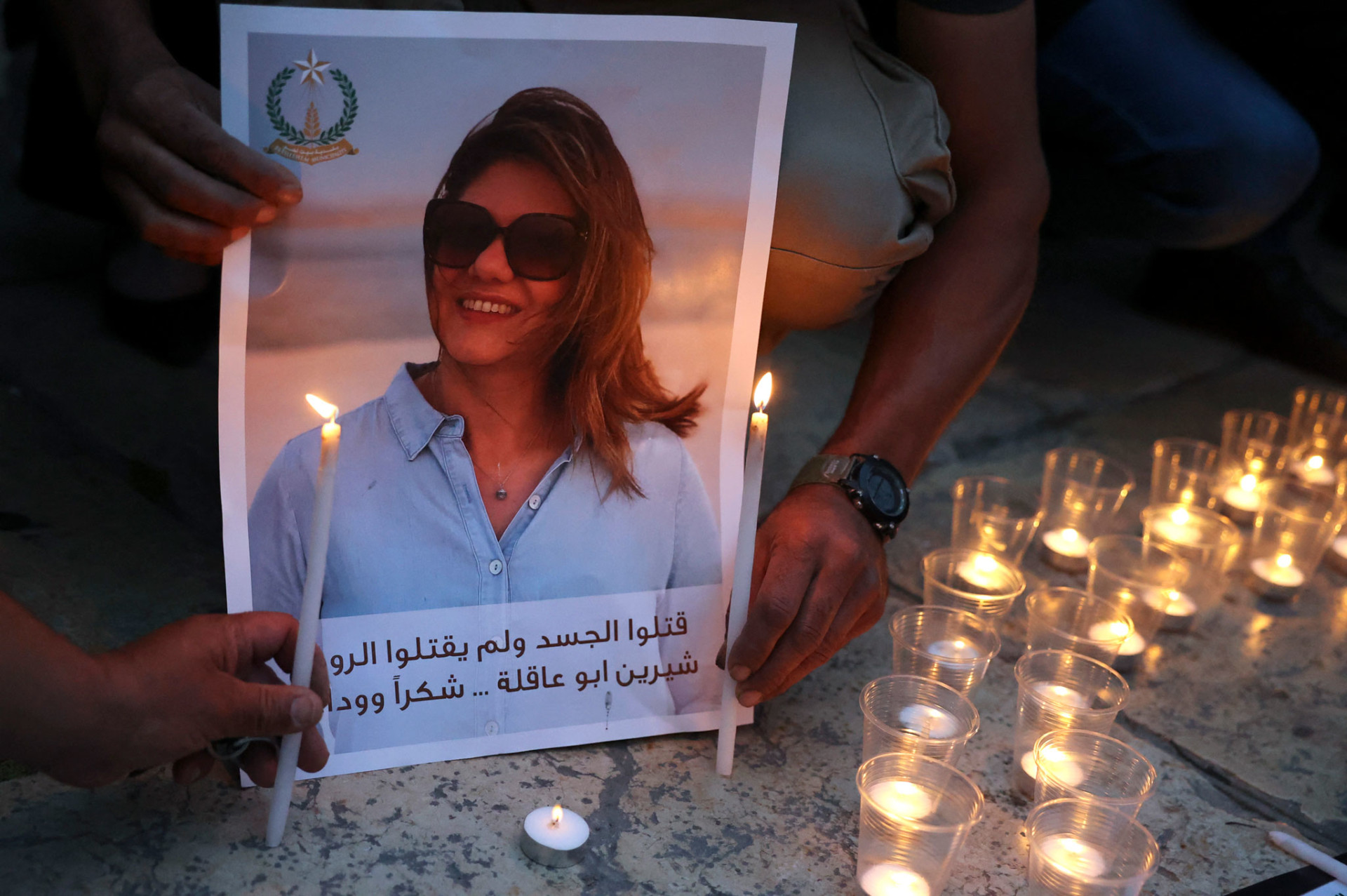
A Tribute to Shireen Abu Akleh, a Journalistic Role Model
Shireen looked and sounded like us, and it didn’t matter that we were not even privy to her religious identity, which we learned after her death when we watched in horror as her coffin made its way to the church while Israeli soldiers beat the pallbearers.
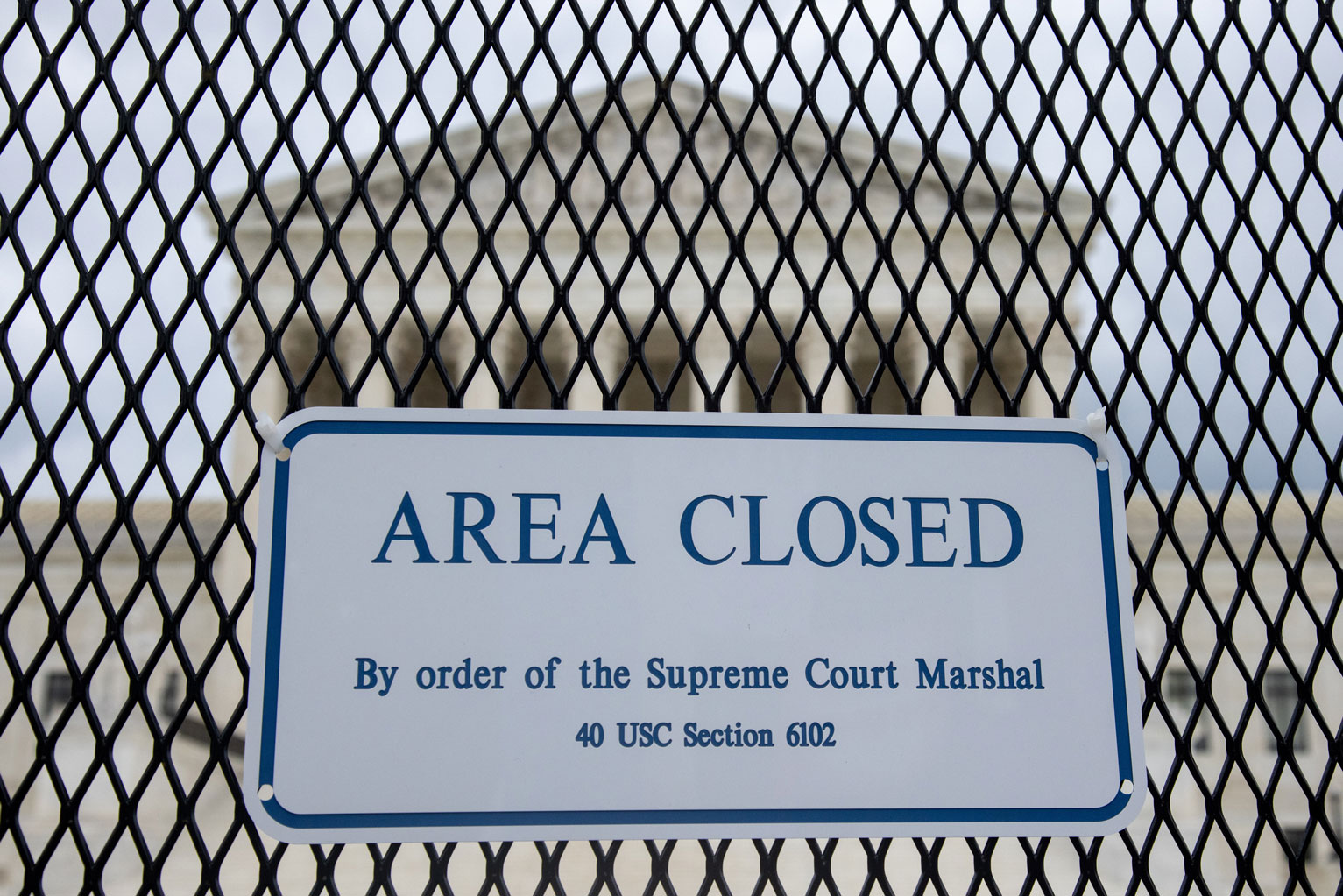
Overturning Roe v. Wade Doesn’t Need Sharia Analogies
For five decades, lobbyists and pro-life advocates have pushed to overturn Roe v. Wade; not sharia law enthusiasts. The American political system allowed for the Supreme Court to become right-leaning; not governing rules inspired by the Taliban.
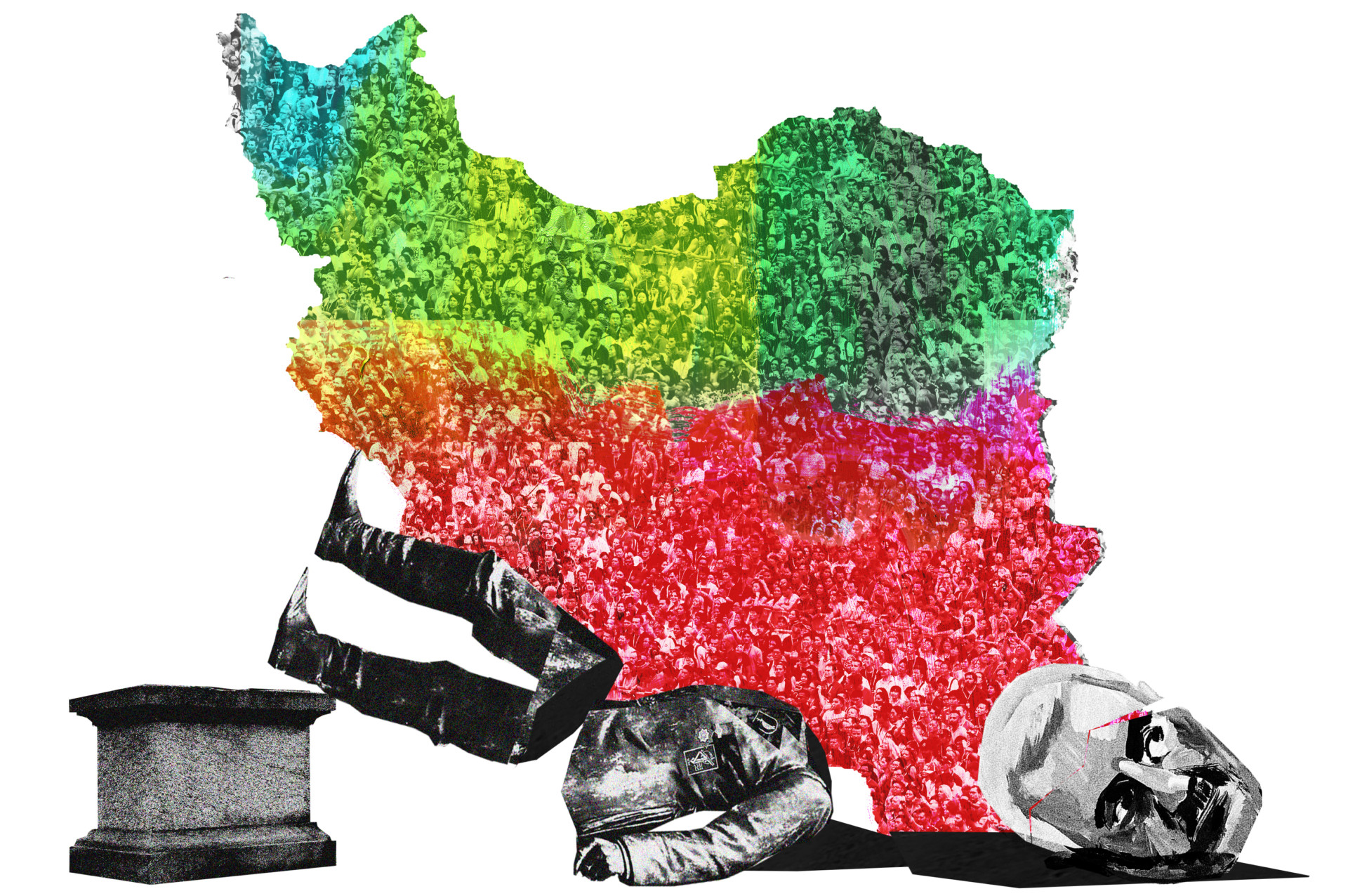
Qassem Soleimani: The Vincible General
Despite the differences between Saddam and Soleimani, the commonalities were striking. Both men had caused enormous suffering. Both were defiant, and simply too large to die. Yet both were shown to be vincible.
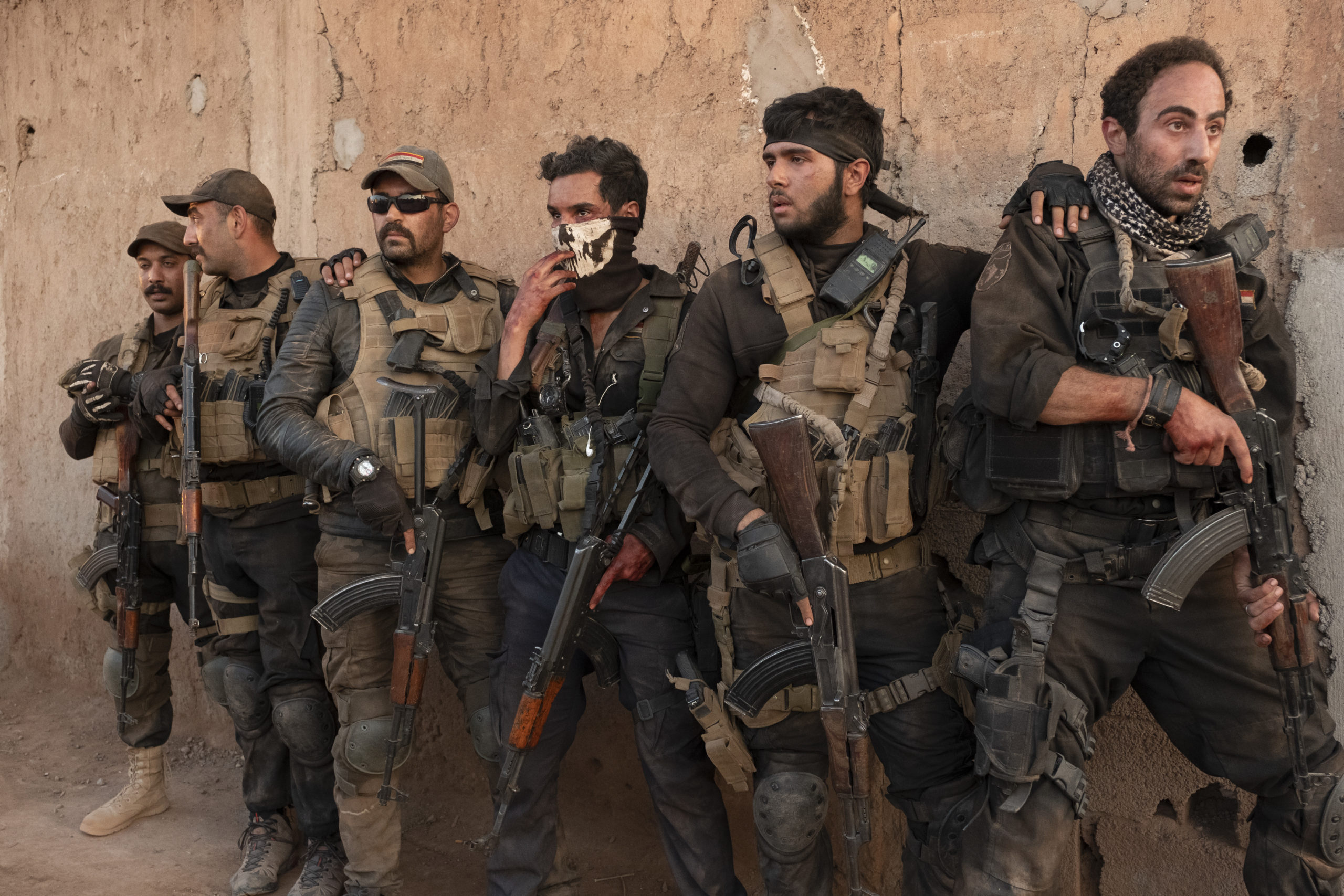
Inglourious Basterds of Mosul
It took five hours to watch the 101-minute Netflix film on Mosul and process the emotions that resulted from the realistic portrayal of brutal warfare in my hometown.
